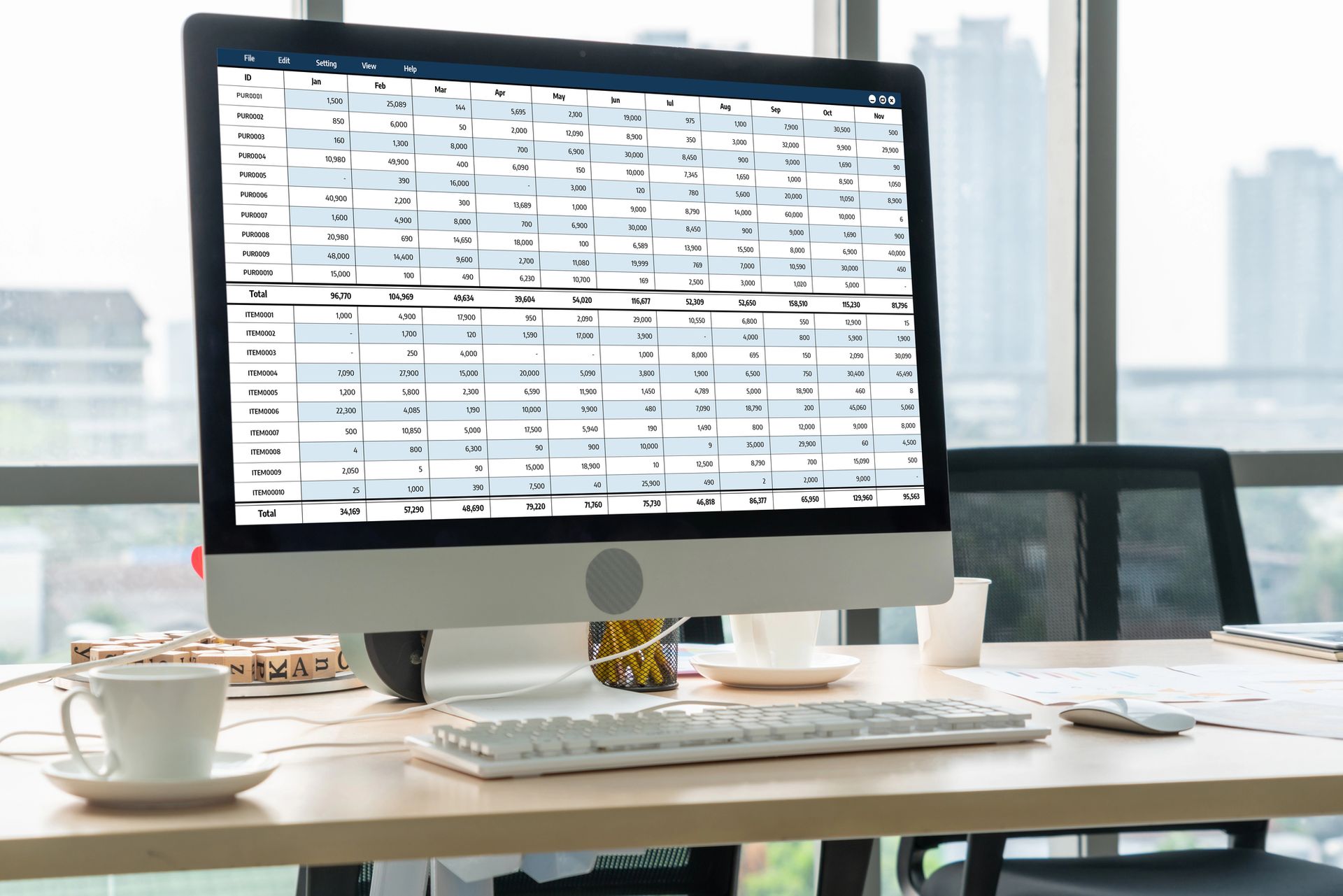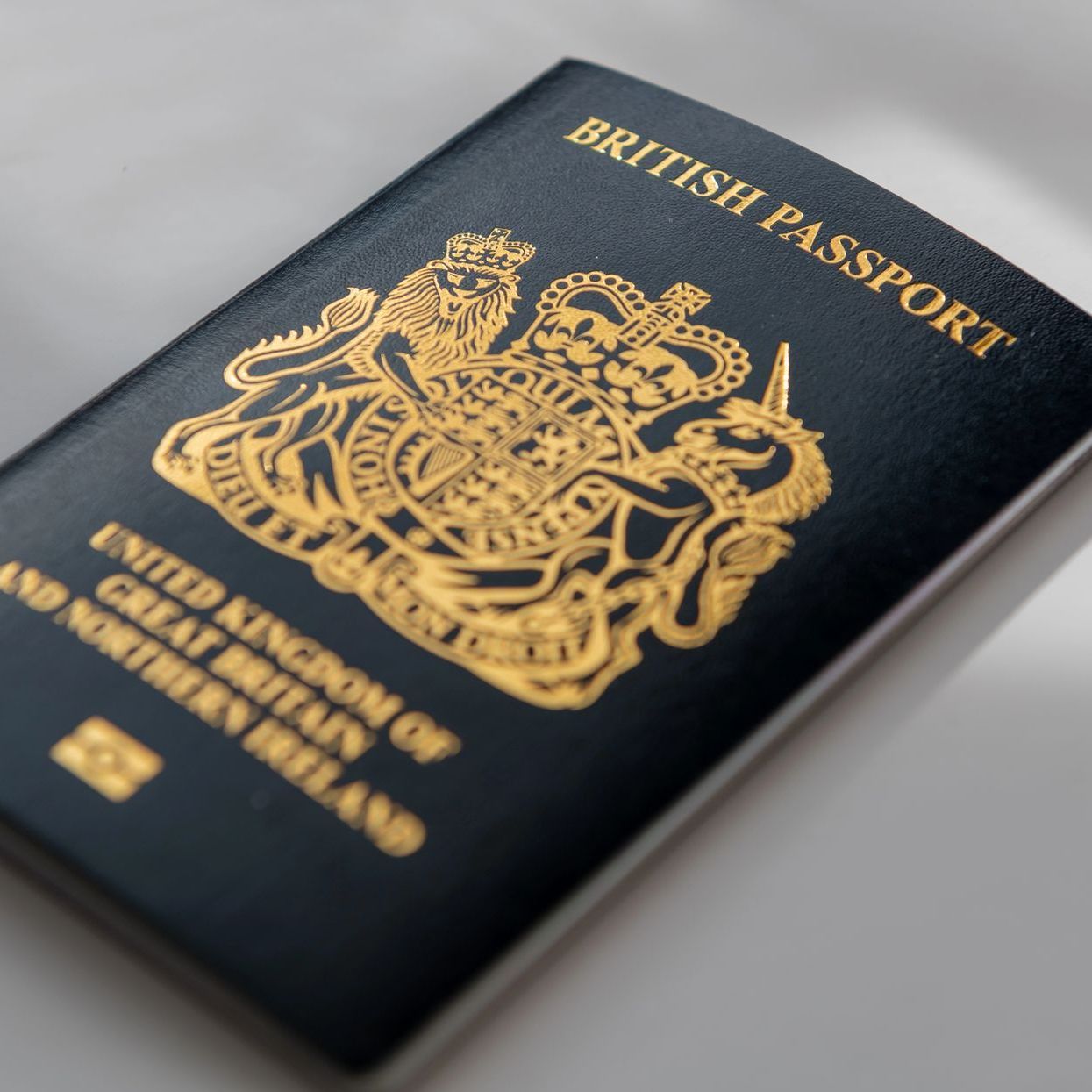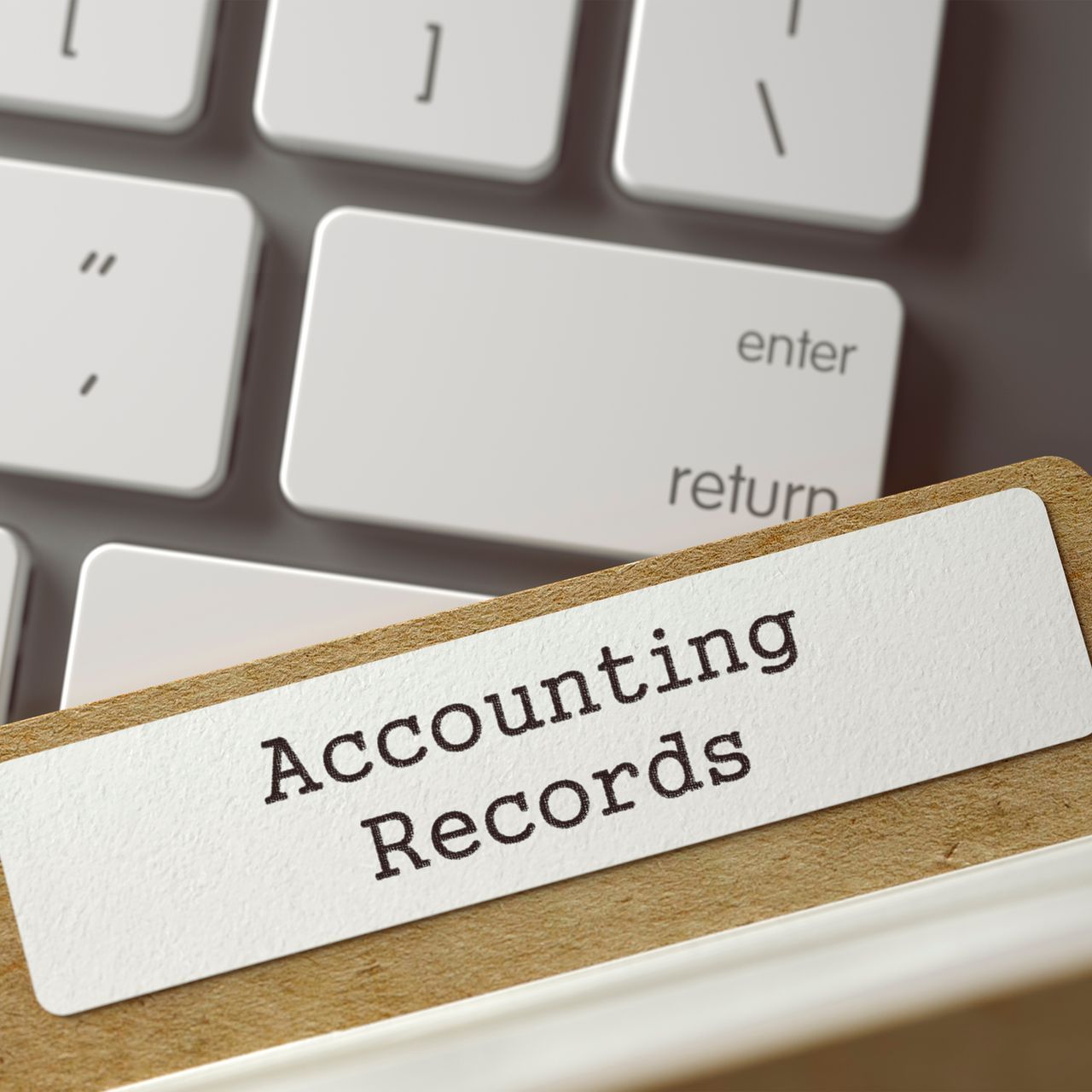How do I move from a sole trade to a company?
Is it a good idea to trade as a company rather than a sole trader?
How you structure your business is really a personal preference. Find out more about business structures here.
Some of the advantages for moving to a company include the following.
- You want to have some protection for your personal assets in the event something goes wrong with your business. Bear in mind that this may be restricted of you offer security over your personal assets to obtain finance. Often insurance can mitigate some of the risks that sole traders face.
- You want to be able to manage how much income you are taking in each personal tax year. When you operate through a company you personally are only taxed on what you take out of the company.
- You are ambitious and want to grow into a very large business over time.
- You intend to sell your business on to a third party in the future. This may be easier to achieve if your business is separated from you.
- You may want other people to be involved in running your business, whether now or in the future.
However, there are some trade offs as well.
- Your company's accounts must be submitted to Companies House each year and are publicly available. As it stands, only the balance sheet is submitted, although there are plans to extend that to profit and loss account information as well in the future.
- These accounts need to be drafted in accordance with the Companies Act and prevailing accounting standards. Therefore, accountancy fees tend to be higher than for a sole trader.
- You will be required to submit an annual confirmation statement and pay a £13 fee to Companies House each year.
- If you want to withdraw money from your company you need to either take a salary and submit payroll data to HMRC or declare a dividend, which is only available if you have sufficient profits to make a distribution.
- If you withdraw too much money from your company without submitting payroll or declaring a dividend, there are hefty penalties in the form of additional corporation tax.
How do I move from a sole trade business to a company?
If you haven’t already, you will need to set up a company. In doing so the company will also be registered for Corporation Tax with HMRC. You can get set up here. You can generally set up a company within 24 hours.
It is essential to set up a bank account in the company name. You can’t continue to trade through a company whilst using a bank account in your personal name. Setting up a bank account can take several weeks and the bank will have a lot of hoops you need to jump through before you can get an operational bank account set up.
Because of the nature of a company being a standalone entity, you will almost certainly need to set up a payroll so that your company can pay you a salary. You may also need to register the company for VAT, especially if you as a sole trader are VAT registered. You would need to charge VAT to the company on transfer of the business unless the company itself is also VAT registered.
When your new company is ready to trade, you effectively sell your sole trade business into the new company. This can create a capital gains tax liability, although it can be mitigated using one of the CGT tax reliefs that are available to businesses. The assets and liabilities (usually not including cash) of the sole trade business will transfer to the company. There may also be some Goodwill in the form of a client list that transfers over, which can be difficult to value and is generally what drives the capital gains tax liability.
On the date of transfer, you would adjust your invoicing to your new business details and bank details and start trading as the company. It is worth informing your customers and suppliers in advance of this change. You may find you need to lend the company some money to get things started, this can be repaid once the company has generated funds of its own.
Finally, you will need to complete a final self-assessment return including your sole trade and notify HMRC that you have ceased to trade. There are some final adjustments that may need to be made, especially if you have moved fixed assets that you have claimed capital allowances on to your new company.
What are the differences after I move to a limited company?
Although the day to day running of your business will feel pretty similar as a company rather than a sole trader, the administration of your business will feel a little different. You will need to submit accounts to Companies House and a Corporation tax return to HMRC each year. You may also have weekly or monthly payroll returns to complete.
You will need to be much more disciplined in how you withdraw money from the company bank account. Taking one larger withdrawal rather than lots of smaller withdrawals is preferable and you must ensure you leave enough behind to make any payments of tax as they fall due.
Your year-end may be different from your sole trade year end. You can choose your company year end but by default it will be the end of the month you set up the company in.
You may continue to need to complete a self-assessment return to declare any dividends you withdraw from your company, but it will be much simpler to draft once your final sole trade set of accounts is complete.
Having decided to move to a company, it is a good idea to talk your decision through with an accountant or business adviser before you start. Although the day to day running of your business won’t change enormously, the valuation of your sole trade business before it transfers is complicated.











